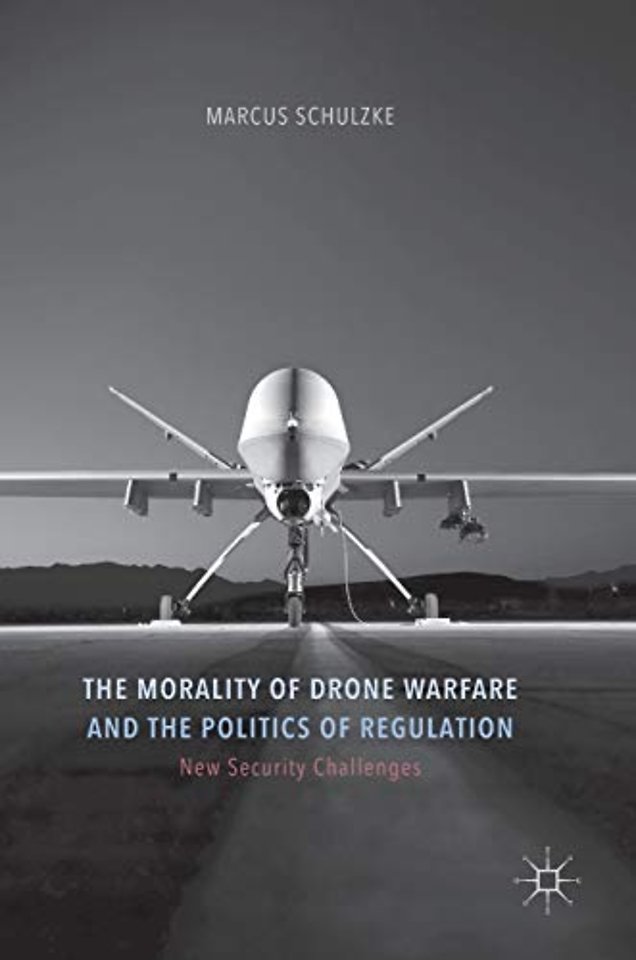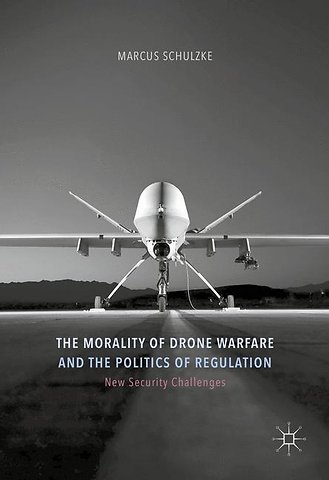Introduction.- The Debate over Drone Warfare.- Just War Theory and Its Critics.- Evaluating the Morality of Drone Warfare.- Chapter Overview.- 1. The Drone Revolution.- Contested Language.- Degrees of Drone Autonomy.- The Many Faces of Drone Warfare.- The International Diffusion of Military Technology.- Risk During War.- Drones and the Reduction of Risk.- Machines and their Latent Potentials.- Conclusion.- 2. The Moral Landscape of Drone Warfare.- Drones and Targeted Killing.- Drones' Mechanical Faults and Technical Limitations.- Civil-Military Technology Sharing.- The Effects of Mediation on Civilian Populations.- Mediation's Influence on Drone Operations.- The Drone Arms Race.- Conclusions.- 3. Evaluating Drones with Jus ad bellum.- The Core Jus Ad Bellum Principles.- Applying Jus Ad Bellum to Drones.- The Assymetry Objection Against Remote Warfare.- Conclusion.- 4. Drones and the Principles of Jus in Bello.- The Principles of Discrimination and Proportionality.- The Jus in Bello Advantages of Using Drones.- Civilians in the War on Terror.- The Costs of Accidental Violence.- Getting from Facts to Values.- The Extent of 'Collateral Damage'.- Conclusion.- 5. Evaluating Autonomous Drones.- Are Autonomous Drones Inevitable?.- Could Autonomous Drones be Inherently Immoral?.- Malfunctioning Machines.- Assigning Responsibility.- Absolute Rules of Engagement.- Conclusion.- 6. The Politics of Drone Warfare: Enacting Restrictions based on Jus ad Bellum.- Existing Proposals for Regulation.- The Scope of Restrictions.- Applying the Appropriate Normative Framework.- Public Opinion as an Accountability Mechanism.- Strategy and Public Opinion.- Increasing Transparency.- Conclusion.- 7. Promoting Justifiable Drone Attacks in Bello.- Maintaining the Civil-Military Distinction.- Rethinking Military Virtue Ethics.- An Ethic of Rules.- Clarifying Chains of Command.- Drones and Prisoners of War.- Video Policing.- Conclusion.- Conclusion

